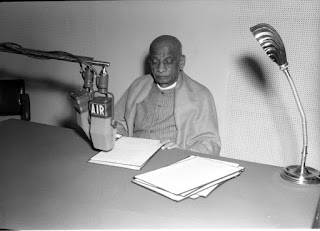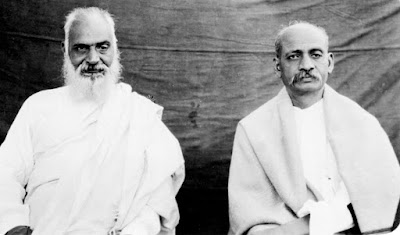There was a full dress debate in the Constituent Assembly on its legislative capacity on the need for putting down corruption in the public services. It was admitted on all hands that corruption existed on a large scale and that must be checked. The Home Minister Sardar Vallabhbhai Patel frankly acknowledged that there was corruption and that Government wish it to be eradicated. But he cautioned the Assembly against adopting remedies which will make the disease worse. The introduction of a system of espionage is such a measure. Forty percent of the nearly 1500 cases investigated were not prosecuted, and of those prosecuted, about forty percent resulted in conviction. It is not safe to say that all the cases not prosecuted, should not have been investigated or that the person in the cases convicted were the worst offenders. But the vice of the system is in creating uncertainty and anxiety in the minds of all men in the services, which is not conducive to honest and efficient discharge of duty. Besides, investigating staff itself may be open to corruption; for the moment, espionage may be the only course open to put down corruption or rather to remind corrupt officials of the risks to which they expose themselves. But permanent remedy it is certainly worse than corruption.
The only completely effective means of avoiding corruption is a high sense of personal honour and public duty among officials. The creation of such qualities is helped by payment to officials of salaries which put them above reasonable wants. Mere increase of emoluments will not bring about purity. It may only increase the amount paid as bribes. Even on low scales of pay officials in the German Reich were acknowledged to be as incorruptible as civil servants in Britain. The civil servants pay even in Britain is less than what an ambitious man can earn in grade or commerce or as a cinema star. Public servants must be free of the profit motive. At the same time, unduly low salaries promote corruption. Edmund Burke wisely observed that to demand heroic virtues from the mass of men, ends in corruption. Low salaries have to be compensated by allowances perquisites and other extras or officials are likely to use their power to eke out their income by corruption or extortion.
The debate mostly turned on the corruption of officials. But the distressing feature of the present situation is the minister themselves often fall under the imputation. The public at the moment are more concerned about ministerial corruption than the corruption of permanent officials. One reason for this is the absurdly low salaries paid to ministers. These have to be supplemented by allowances for house rent, motor cars, and frequent movements from place to place which have become ministerial disease where a letter or telegram would be suffice in the old order, it is now thought only a person visit often by air, would do. A consolidated salary of reasonable proportion, with no allowances, travelling or other, would be a good remedy. But a worse cause, is the selection of Ministers not for merit but for caste or community. Men who are chosen for high office because they belong to a class are seldom the best type of men in that class. These men feel themselves safe from criticism or dismissal because they can easily make out that they are the victims of the prejudice against their particular class, whether it actually exists or not. The minority representative, therefore, enjoys a certain amount of immunity in wrongdoing. Until we get rid of this vicious system of having to provide for classes and communities, we cannot ensure perfect incorruptibility. Above all the men and women who lead or ought to lead should set to example of real and not ostentatious simplicity in their own personal lives.
Corruption it should be added is of various kinds. Bribery by payment of cash is the crudest and most easily detected form. There are many more insidious kinds which ramify in so many directions that it is practically impossible to detect them. These are the most dangerous forms. Espionage is powerless except as a means of blackmail against them.
Source - Indian Social Reformer - 13th December 1947
Source - Indian Social Reformer - 13th December 1947
























